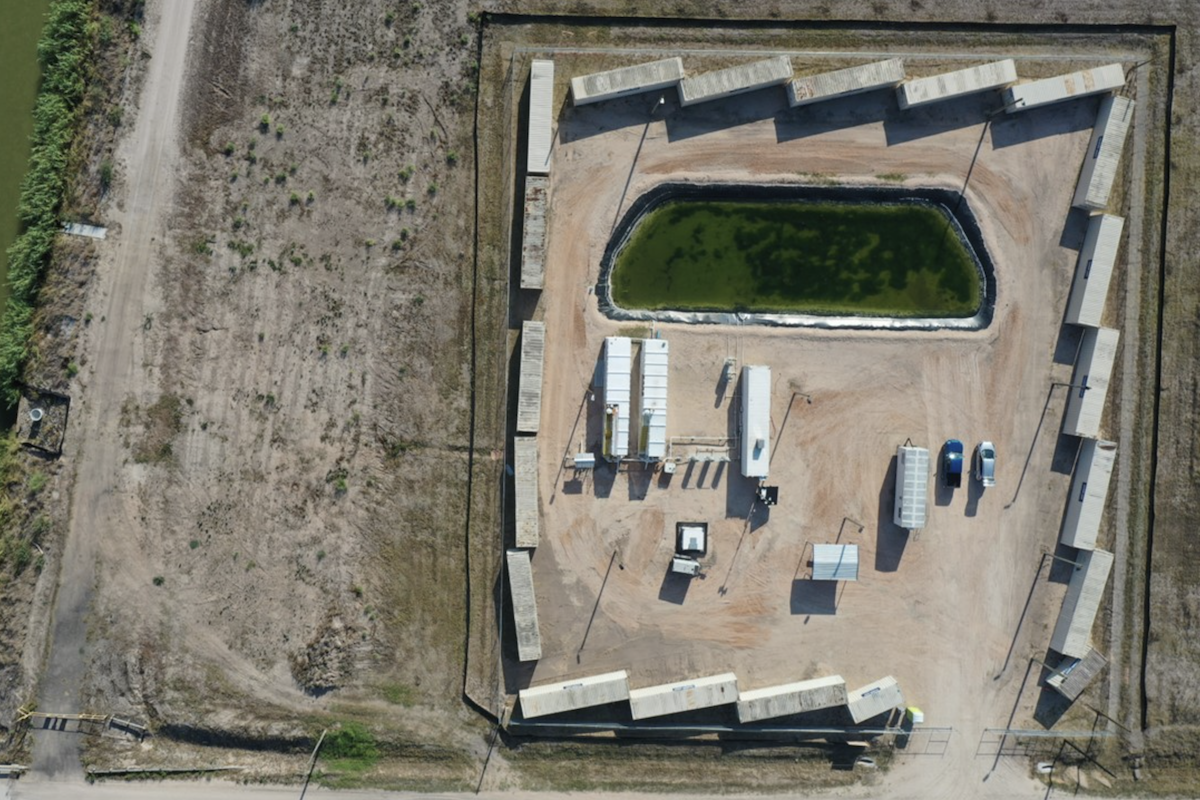The CTFA has several moving parts. Generally, those parts are the identity of the trust funds, the beneficiary, the trustee, and the “misapplication” of the trust funds by the trustee. A property owner, contractor, or subcontractor can be a trustee. The beneficiary is the contractor, subcontractor, or supplier who supplies labor or materials to the project pursuant to a construction contract.
The trust funds are the construction payments a trustee receives for labor or materials provided to the project. Typically, these are progress payments or final payments. Trust funds can also be loan funds received by a trustee (an owner) if the loan is to the trustee for the improvement of real property and the loan is secured by a lien on the property.
The trustee holds the funds in trust for everyone down that party’s contractual chain. But fees earned by a contractor are not trust funds if:
- The contractor enters its contract with the owner before construction starts,
- the contract specifies that the owner will pay the cost of construction and a reasonable fee to the contractor,
- the contractor earns the fee as required by the contract,
- and the fee is paid to the contractor or disbursed from a construction account required for residential projects.

| Your local Wirtgen America dealer |
|---|
| Kirby-Smith Machinery |
| Nueces Power Equipment |
| Kirby-Smith Machinery |
| Nueces Power Equipment |
This describes a typical cost-plus contract between and owner and a contractor. Note that this carve-out applies only to the fee and not to the costs of construction paid by the owner.
The description of a trustee is broad. It includes the owner, contractor, or subcontractor and its agent, officer, or director who receives, controls, or directs the trust funds. This definition includes individuals who work for the party receiving trust funds who control or direct the funds. For example, if you work for a contractor or own the contracting company and you are responsible for paying the subcontractors and suppliers working on your project, you would be considered a trustee along with the company. This in turn leads to personal liability. It is not uncommon to see the company and its agents, officers, or director named as defendants in a lawsuit that alleges misapplication of trust funds.
The CTFA describes how a trustee can misapply trust funds. A trustee misapplies trust funds when it, knowingly or intentionally or with intent to defraud, directly or indirectly retains, uses, disburses, or otherwise diverts trust funds without fully paying all current or past due obligations incurred by the trustee to the beneficiaries of the trust funds. This can lead to criminal charges as well as civil liability. If the misapplication is for $500 or more, the trustee has committed a Class A misdemeanor. If the trustee misapplied $500 or more with the intent to defraud, it has committed a third-degree felony. This is important to remember because an individual defendant could be found guilty of a Class A misdemeanor or a third-degree felony if the plaintiff proves a misapplication of trust funds and the requisite intent is established at trial.
And when a claimant asserts misapplication of funds, they can include this claim in a suit against the trustee, seeking damages for non-payment. Such suits often include claims against company officers who were involved in directing or withholding payments that constitute misapplication. If those officers made decisions regarding withholding or mis-directing funds, they may have personal liability.
The requisite intent is directing or withholding payments knowingly, intentionally, or with intent to defraud. The CFTA defines intent to defraud as:
- Using the trust funds with the intent to defraud the beneficiaries,
- failing to maintain and construction account or account record as required by the CTFA (only required for residential projects for contracts over $5,000),
- or after the trust funds were paid to the trustee based on the assurances in an all-bills-paid affidavit requested by the paying party pursuant to Section 53.085 of the Property Code.
Knowingly and intentionally are not defined in the CTFA. But we might expect Texas courts to rule that a trustee knowingly diverts funds from a beneficiary when the trustee knows the beneficiary should be paid with the funds but will not because of the trustee’s conduct. In contrast, a trustee intentionally diverts funds from a beneficiary when its intent in diverting the funds is specifically to not pay the beneficiary the trust funds.
A trustee has a few defenses to a claim of misapplication trust funds. The first defenses is when the trustee uses the trust funds to pay the trustee’s actual expenses directly related to the construction or repair of the improvement. In other words, the trustee can use the trust funds to pay its overhead for the project. The defense would likely not extend to the cost of gas the trustee purchases for its vehicle to drive to or from different projects.
This can be case specific, and the application may not always be identical from project to project. One issue that comes up with this defense is the trustee’s use of trust funds received on project A to pay the trustee’s actual expenses on Project B where the beneficiary is a subcontractor on both projects A and B. The CTFA refers to actual expenses directly related to the “improvement,” suggesting that trust funds from Project A cannot be used for actual expenses on Project B. But some courts have held that such an action by a trustee is permissible and is a defense to a CTFA violation claim under certain circumstances. The issue is complicated further where a contract between the trustee and beneficiary may state that the trustee is allowed to use funds received for Project A to pay for actual expenses incurred on Project B. This issue is still unsettled law. Contractors and subcontractors should keep this in mind when negotiating contracts and when using trust funds to pay actual expenses.
Another defense to a CTFA violation claim is the trustee’s retention of trust funds when the trustee has a reasonable belief that the beneficiary is not entitled to the trust funds. That might be a situation where the trust funds are retained because the trustee has a reasonable belief that the beneficiary’s work is defective or deficient, or that delays caused by the beneficiary may cause the trustee to incur liquidated damages. In addition to retaining funds based on a reasonable belief, a trustee that retain funds where authorized or required to do so by Texas lien law has a defense against a trust fund claim.
For example, Texas lien law requires an owner of a project to retain at least 10 percent of the price of its contract with the prime contractor until 30 days after the prime contract is completed. The owner is also authorized to withhold funds from the prime contractor if the owner receives timely pre-lien notices of non-payment from a subcontractor or supplier of the prime contractor. The amount the owner withholds is intended to cover the value of a potential lien or liens and shield the owner from personal liability for the amounts claimed in a lien claim if the lien claim be converted to a final judgment by a court.
If you are a beneficiary and you believe that your trust funds are wrongfully being withheld by the trustee, you would be wise to send the trustee a written demand for payment for the trust funds pursuant to the CTFA, the contract, and any other applicable laws. This will require the trustee to assert its defenses and prove them.
If you are the trustee and receive one of these demand letters from a beneficiary, respond in writing asserting your defenses under the CTFA. In addition, if you suspect or know that you will have to retain the trust funds because of a reasonable belief that the beneficiary is not entitled to those funds or as required by Texas lien law, be proactive and send a letter to the beneficiary to that effect, and add any other legitimate grounds for withholding payment of trust funds.
Lastly, the CTFA does not provide for the beneficiary who prevails on a trust fund claim to recover attorney’s fees from the trustee. However, if a beneficiary were to take a CTFA claim all the way to trial, it would likely also be asserting a breach of contract claim which could trigger an award of attorney’s fees under Chapter 38 of the Texas Civil Practice & Remedies Code.
The CTFA is designed to be another tool for contractors, subcontractors, and suppliers to use to ensure that they are paid the money to which they are entitled. Understanding the basics of this law and how it operates is important to your company’s day-to-day operations and can be beneficial for you and your company.
JD Holzheauser is a Senior Counsel at Peckar & Abramson, P.C. He can be reached at jholzheauser@pecklaw.com and 512.236.0009





































































